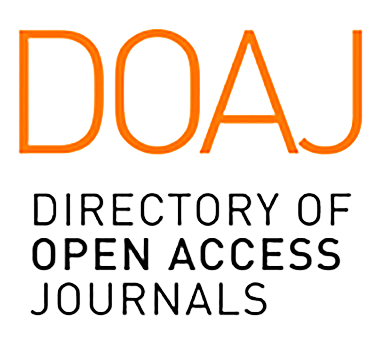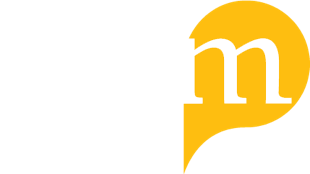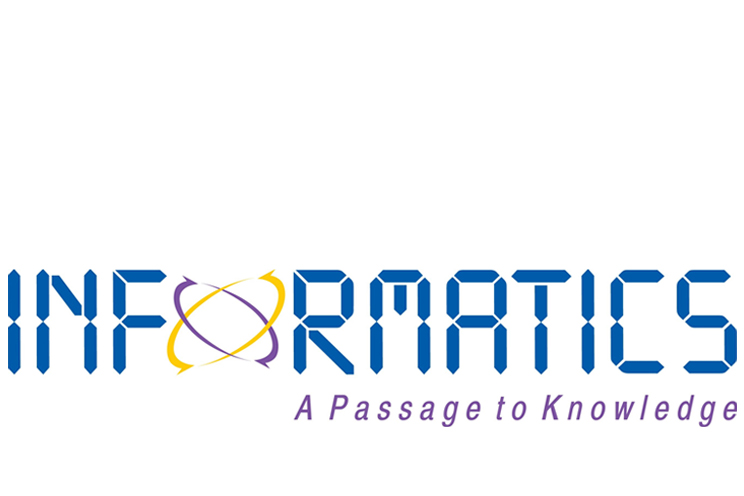Public Article
-
verified
Problems with Object Permanence: Rethinking Traditional Beliefs Associated with Poor Theory of Mind in Autism
ISSN: 2371 - 1655
Publisher: author
Problems with Object Permanence: Rethinking Traditional Beliefs Associated with Poor Theory of Mind in Autism
Indexed in
Medical Sciences
ARTICLE-FACTOR
1.3
Article Basics Score: 2
Article Transparency Score: 3
Article Operation Score: 2
Article Articles Score: 2
Article Accessibility Score: 3
SUBMIT PAPER ASK QUESTION
International Category Code (ICC):

ICC-1702
Publisher: Lifescience Global Inc.
International Journal Address (IAA):

IAA.ZONE/2371109611655
eISSN
:
2371 - 1655
VALID
ISSN Validator
Abstract
Poor Theory of Mind (ToM) (or difficulties imputing mental states to self and others) [1], (See also [2-5]) is often blamed for certain responses and behaviour in autism. However, the Theory of Mind Task Battery requires an understanding of language, the use of cognitive skills, as well as the child’s motivation and attention to complete. All of these factors are either weak or under-developed in individuals with autism suggesting that this is not the best means to measure one’s understanding that other people have their own thoughts, plans, beliefs, or point of view. Behaviours like strong defiance, insistence on sameness, fear associated with sudden change and severe anxiety may be related to difficulties seeing beyond the ‘now’ [6]. This paper suggests that some of the stress and anxiety in the autism population may actually be due to delayed object permanence (OP) (knowing something may still exist even if it is out of sight), whi...
























































